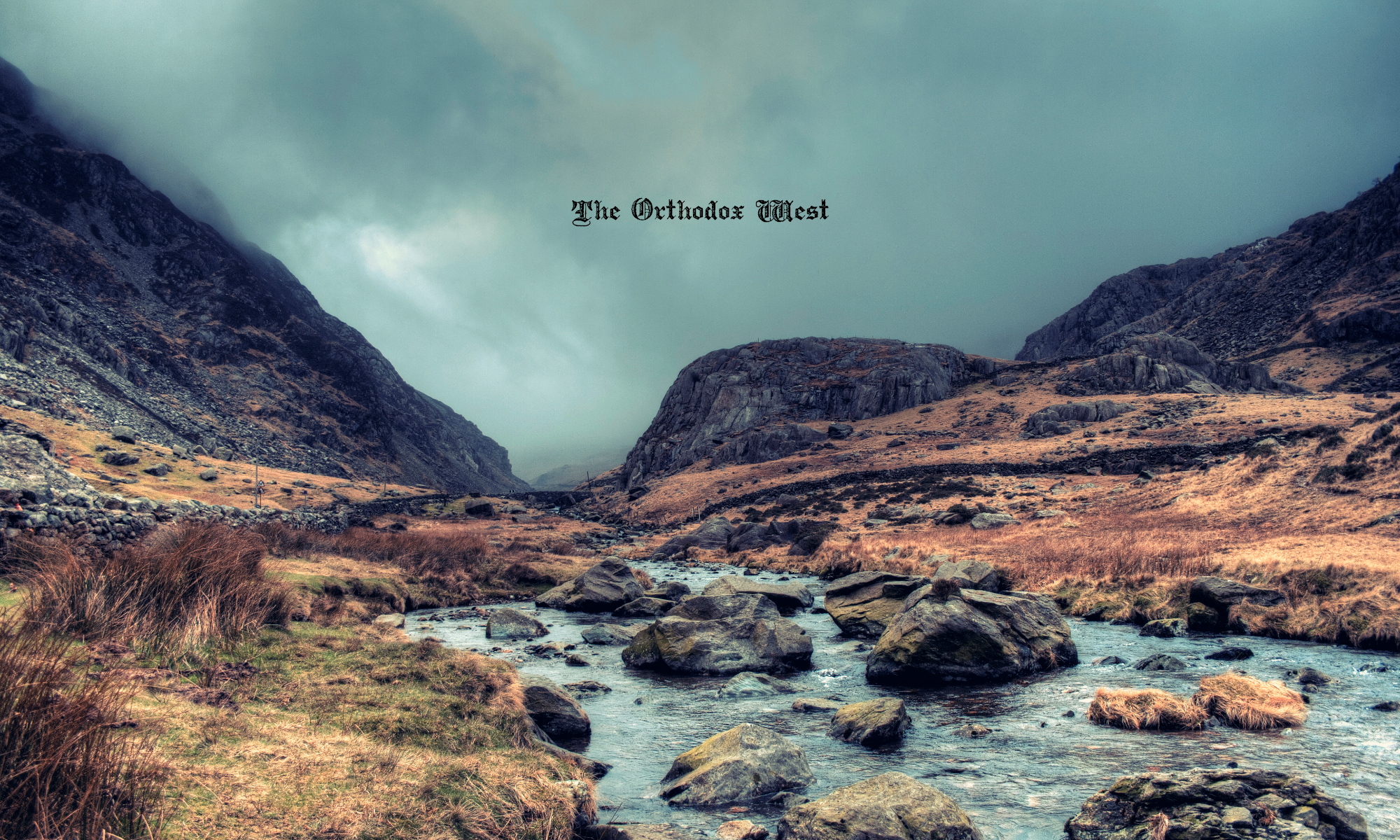On this transition Sunday between Trinitytide and Advent, we have a Gospel which is also from mid-Lent: St. John’s account of the feeding of the 5,000. It is used today for its closing words: “this is of a truth that prophet that should come into the world.” They refer to a passage from Dt. 18:18-19.
These words of Moses were plainly Messianic, for only one would fulfil this announcement of his successor. St. Peter in Acts 3:22 and St. Stephen in Acts 7:37 recognize the fulfillment of Moses’ words. It is expounded as well in Hebrews 3:2-6. This was clearly part of the Apostolic preaching and teaching, which shows the importance of Moses’ prophecy.
There shall come a prophet like unto Moses himself – a brother and a mediator, a true messenger and revealer of God’s word. The long line of prophets from Samuel to MalachI possessed some of these characteristics, but only in Christ is it completely fulfilled.
Moses himself was a prophetic type of Christ, both in his life and in his office: His life spared in infancy, he renounced a royal throne to share the condition of his brethren. He is described as faithful, meek, full of compassion, a mighty intercessor on behalf of the people. He spoke to God as face to face. He reflected the divine glory. He was a prophet mighty in word and deed and a revealer of God’s will and purpose, a mediator of a covenant.
Jesus Christ completed the revelation of the divine will which Moses and the Law, as a preparation, had left imperfect. And there is no need of any other to come after the incarnate Son of God.
I would like to focus on another verse in our Gospel: “This he said to test him.”
In a sense, the whole of Jesus’ teaching is a test; much of it we have spiritualized over the centuries – stripped it of its radicalness – neutered it to accommodate our lives. Some of that is likely because, after the first decades or even first couple of centuries, the Church had to figure out how to live in the cosmos. While the expectation of the Lord’s return was immediate and fervent in the early days, it eventually became clear that it was going to be a longer time coming.
And these kinds of questions arose:
Can we continue to follow the Master’s teaching on living “close to the bone” as it were? What does it mean now to not store up treasure on earth? Are we no longer to live a communal life, selling all we have and sharing everything as we did in those earliest days? Are we still to sell all we have and give to the poor, and look upon riches as an enticement to distrustful living? To give to everyone who asks us and consider that it is easier for a camel to go through the eye of a needle than for a rich man to enter the Kingdom of heaven? What do we do with the Sermon on the Mount now?
In every subsequent age of the Church’s life, there have been those who sensed the radicalness of the call to discipleship, and sought to return to the Acts of the Apostles. From the Desert Fathers to every monastic reform since, there have been those who, like St. Anthony, heard the Lord’s call to strip themselves of possessions and radically trust in the Lord.
I think each of us has to ask ourselves the same questions – it is part of the test. In light of Jesus’ words – and commands – How do we then live?
How do we keep the Gospel teachings and demands without watering them down in our comfort in the world? Have we become too “institutionalized” to live as true disciples – as true Christians? Too “worldly”?
I don’t know the answers to all the questions, but I do believe we need to embrace the tension they produce, and pray for God’s guidance in all these things. How big should my checking/savings account be? How big a house do I need? How much food, clothing? Where is the line where I have slipped from trust to anxiety and worry? Do I think that giving will diminish me? What am I afraid of?
These questions are part of our test. Or are we testing God, as the Psalmist writes in Ps 78: “They tempted God in their hearts, and required meat for their lust. They spake against God also, saying Shall God prepare a table in the wilderness?”
Philip didn’t know that Jesus could feed the multitude. But after He did, did he and the other disciples think – ‘ah, the Lord can and will provide what we need out of His abundance.’
Not to say we lay back and do nothing and wait for manna and clothing from on high. But what is the nature of our faith, our trust? What is the extent of our anxiety and worry about tomorrow, which Jesus says we should lay aside?
Every day is a test for us – an opportunity to prove our faith and discipleship. Time Deum et operare iustitium – Fear God and do what is right is in one sense the only motto we need.
Perhaps the daily question for us should be:
Do we fear God, i.e. hold Him in awe and reverence, and trust in Him, or do we still fear the death which He has tasted and conquered for everyone? The one will make us wise and confident and free to do what is right – the other will only make us anxious and confused about what is the right thing to do.

